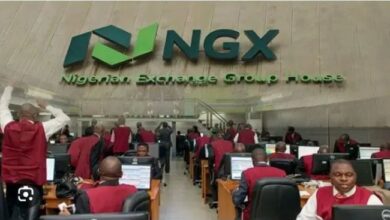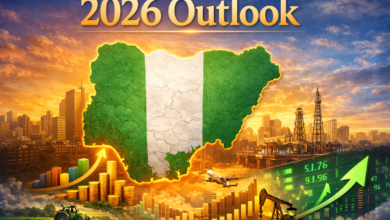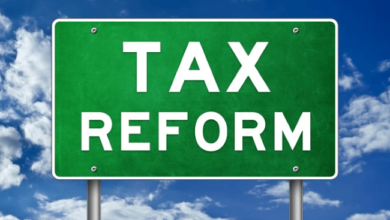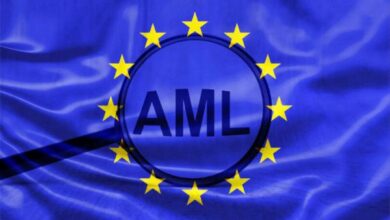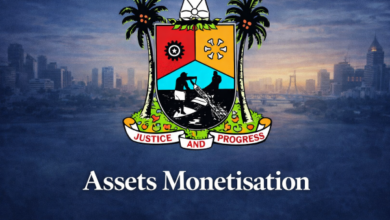Tariff Shockwaves: Nigeria loses Internet Users as Data consumption dips – NCC Report
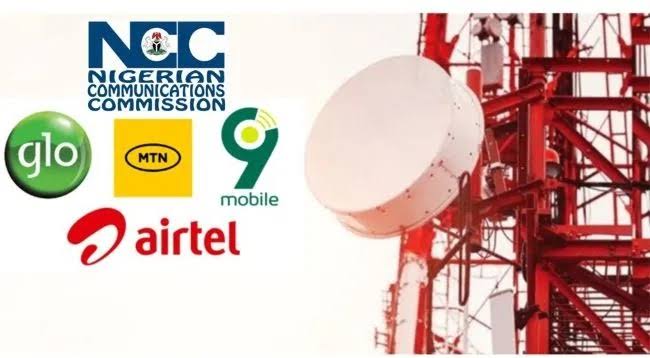
The Nigerian telecommunications landscape is navigating a critical juncture, as fresh data from the Nigerian Communications Commission (NCC) reveals a tangible fallout from the recently implemented 50% tariff hike on voice, data, and SMS services. The tariff adjustment, enforced in January 2025, has triggered shifts in consumer behaviour, market dynamics, and overall sector performance — signalling a recalibration of Nigeria’s digital economy.
Internet Subscriptions Take a Hit
According to the NCC’s latest industry statistics, Nigeria’s internet subscriber base declined by nearly one million users in February 2025, dropping from 142.16 million to 141.25 million. While a slight rebound occurred in March — inching up to 142.05 million — the dip in February marked a rare contraction in a sector traditionally buoyed by fast-growing digital adoption.
This disruption is not occurring in isolation. It reflects mounting pressure on Nigerian consumers grappling with a worsening cost-of-living crisis, currency devaluation, and stagnant incomes. The tariff hike, though justified by operators as necessary to offset rising operational costs — including forex-dependent infrastructure inputs and energy costs — has made digital access a more expensive commodity for millions.
Data Consumption Reflects User Caution
Perhaps more telling than the dip in subscriber numbers is the dramatic fall in data consumption. Monthly data usage plunged by 12% in February to 893.06 petabytes, down from a record-breaking one exabyte in January — a strong signal that users are rationing their digital activities.
Although data usage recovered by 11.5% in March, reaching 995.88 petabytes, it still remained below January’s peak. This suggests a persistent wariness among consumers and underlines the sensitivity of Nigeria’s mass market to pricing shocks — particularly in a country where over 60% of the population relies on mobile data for everything from education to small business operations.
A Paradox of Growth and Contraction
Interestingly, the telecoms sector showed signs of resilience in other key metrics. Between January and March 2025, operators added 3.39 million new telephone lines, boosting total active subscribers from 169.32 million to 172.71 million. This pushed Nigeria’s teledensity — a measure of phone access per 100 inhabitants — from 78.10% to 79.67%.
The paradox here is stark: While more Nigerians are obtaining basic phone access, fewer are able — or willing — to maintain consistent internet usage at higher price points. This dual-track performance reflects a maturing industry under pressure, with penetration reaching saturation in urban areas while rural connectivity and affordability remain stubborn barriers.
MTN Leads, 9mobile Bleeds
In market share terms, Mobile Network Operators (MNOs) maintained their traditional hierarchy. MTN Nigeria retained its commanding lead in both internet and telephone subscriptions, with 75.62 million and 90.5 million users respectively — translating to a 52.48% market share of active lines.
Airtel Nigeria followed with 48.8 million internet users and 58.3 million active lines (33.78%), while Globacom held 15.37 million internet subscribers and 20.7 million active lines (12%). 9mobile, meanwhile, continued its downward spiral, managing just 1.75 million internet users and 2.9 million active lines, accounting for a shrinking 1.72% market share.
Porting Data Underscores Customer Discontent
The NCC’s porting data paints an even clearer picture of shifting consumer loyalty. Between February and March, 9mobile lost a staggering 5,809 subscribers to other networks — more than seven times the number of port-outs recorded by any other operator.
By contrast, MTN emerged as the biggest beneficiary of incoming porting, gaining 4,855 users in the same period. Airtel received 2,084 new ported customers, while Globacom attracted 1,007. 9mobile recorded just three incoming ports across two months — a brutal indictment of customer confidence in the brand.
Sector Outlook: Price-Sensitive, Digitally Dependent
The overarching message from the NCC’s report is clear: Nigeria’s telecom sector is feeling the ripple effects of economic strain and pricing pushback. While the industry’s fundamentals remain robust, the recent tariff hike has exposed the delicate balance between profitability and accessibility in Africa’s largest digital economy.
For operators, this moment demands strategic recalibration — whether through tiered pricing, expanded fibre investments, or aggressive rural connectivity programmes. For regulators and policymakers, it is a reminder that universal access is not just about network rollout, but affordability and value creation.
In a country where digital connectivity underpins fintech, e-commerce, education, and governance, the stakes couldn’t be higher.








